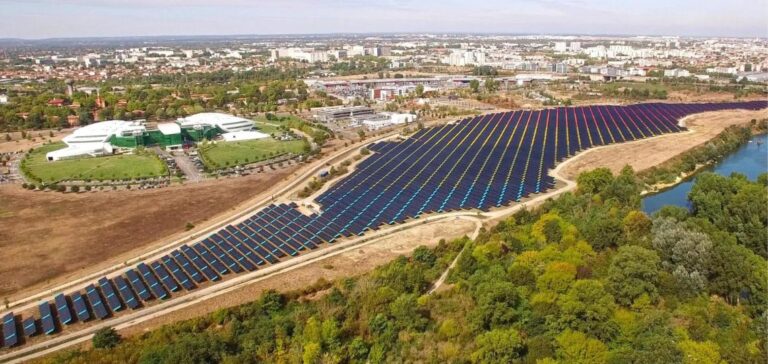The French plan to reduce greenhouse gas emissions by 2030 was welcomed on Monday by experts and NGOs, who welcomed the “method” but deplored the lack of concrete measures or funding, with an “ambitious timetable” full of pitfalls.
Trajectories “rather ambitious but…” “These are +pretty ambitious+ trajectories, but there are not yet the measures to achieve them,” regrets Anne Bringault, Director of Programs at the Climate Action Network reached by AFP. “We have a nice picture and nice figures, but we are waiting for concrete measures”, summarizes the expert.
The RAC, which federates about twenty French NGOs, has suggestions for the executive: “the removal of tax niches on air transport including kerosene which is not taxed, a malus weight on vehicles including large electric cars, measures for the renovation of the most precarious” as well as “a moratorium on industrial livestock and aid for more sustainable livestock”. “It will be necessary to really dialogue with the actors of the civil society on the measures to be taken and that they are accompanied by devices” to help the most precarious people, warns Anne Bringault, at the risk of having to move backwards in front of the social anger.
“It’s more of a method speech, but without any new announcements,” summarizes Benoît Leguet, Director General of the Institute of Economics for the Climate (I4CE), who also points out “two blind spots”: financing and the costly consideration of adaptation to climate change. “The government has understood that new public policies will be needed,” this member of the High Council for the Climate was pleased to tell AFP.
“About half of the decline is a matter of yet-to-be-defined policies,” he assesses. “There may not be a ‘regulatory break’ in France“, he ironizes, ten days after President Emmanuel Macron pleaded for such a normative “pause” at the European level. “I remain a little hungry about the long-term public financing strategy” and the costing of the 2024 Finance Bill, laments the expert.
“It’s good that there is a rush to speed things up and put a figure on the additional efforts in each sector,” says Andreas Rüdinger of the Institute for Sustainable Development and International Relations (IDDRI). But for this expert of the energy transition, joined by the AFP, “the calendar is extremely ambitious whereas we are already late”, that it is necessary to ensure the dialogue and to succeed in delicate parliamentary stages. “Everyone wants to make their own plan, but then you have to implement it,” says Andreas Rüdinger.
“The real question is not so much the trajectory as to find how to unblock priority issues to reduce emissions,” he said, mentioning in particular “livestock and food” that embarrass the government. The climate more than biodiversity “Once again, we have exchanged more on the climate than on biodiversity”, regrets the League for the Protection of Birds. But the LPO welcomes the government’s “willingness to consult”, according to its director general Matthieu Orphelin, who attended the presentation of the plan by the Prime Minister.
“We have not been completely reassured on specific points,” he told AFP, such as the safeguarding of the Zero Artificial Soil Cover (ZAN), threatened with “unraveling” in the Senate, “the consideration of biodiversity” in the deployment of renewable energy or “the ambitions of France on the European texts being negotiated on the restoration of nature” and “pesticides”.






















